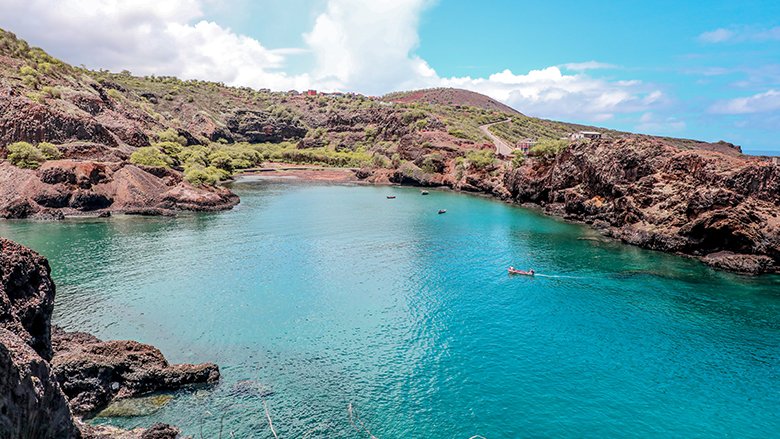Gender equality and women empowerment are essential for inclusive and sustainable development. In Cabo Verde, significant progress has been made in gender-related policies and programs, yet challenges persist in achieving gender equality and women empowerment, particularly in the tourism sector, representing approximately 25% of GDP. The Report on Gender-Responsive Tourism in Cabo Verde analyzes the barriers and opportunities for women's participation, access to better jobs, control of assets, and voice and agency within the tourism sector. The report proposes recommendations and actions to be considered under the Resilient Tourism and Blue Economy Development in Cabo Verde Project.
Integrating gender equality in tourism will be key to improving the sector’s resilience in Cabo Verde, especially amidst COVID-19. Despite comprising 60% of the workforce in accommodation and restaurant businesses, women in these sectors earn 50% less than men and over half of them work in informal and short-term contract arrangements. Women-owned businesses make up 30% of all businesses, but they face significant barriers in education and training, particularly in advanced business planning and management skills. Additionally, these women lack adequate childcare solutions. Access to finance is identified as a major challenge for tourism enterprises, highlighting the difficulties women face in securing financial support for their businesses in this industry. The report emphasizes the need for targeted efforts to address the following challenges:
Human Endowments
Gendered poverty presents a significant barrier to women's productive participation in the tourism sector. Women who head half of households and most of whom are lone mothers, earn lower salaries, have limited access to education, hold unstable jobs, suffer gender-based violence, are disproportionately affected by poverty. Their educational opportunities need improvement, including non-gender biased curricula, entrepreneurship skills development, and better communication with the private sector. Moreover, challenges in terms of time, resources, and visibility, hinder their ability to benefit from tourism value chain opportunities.



